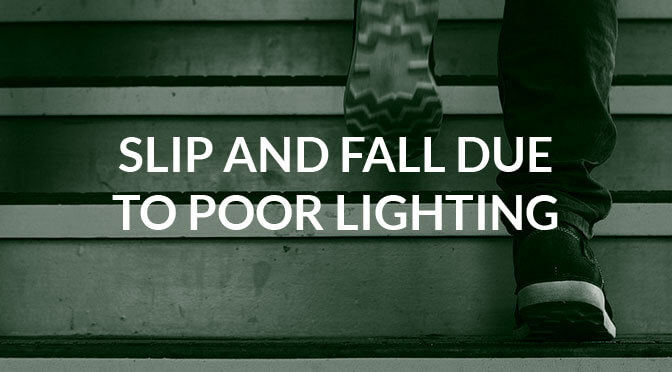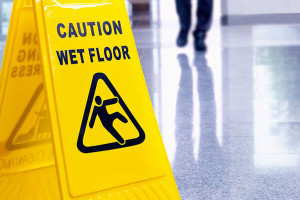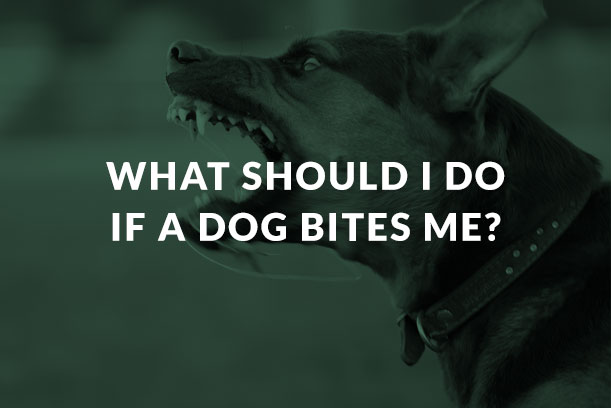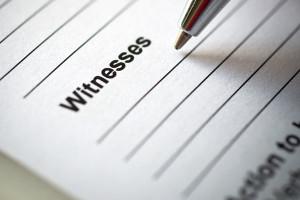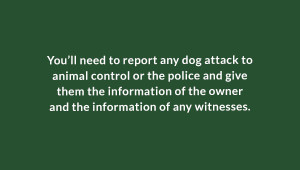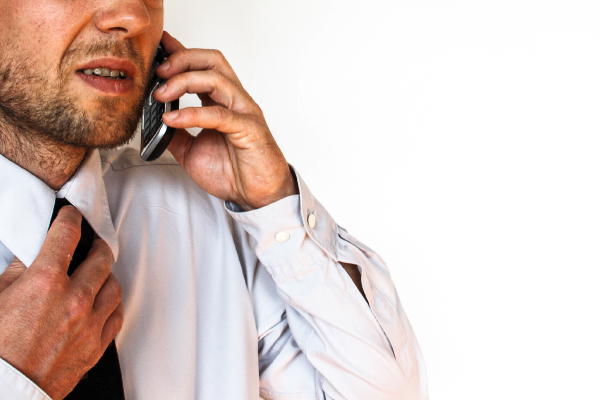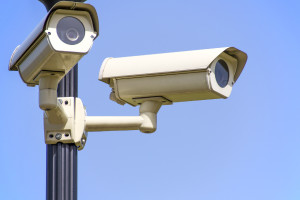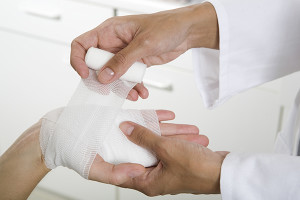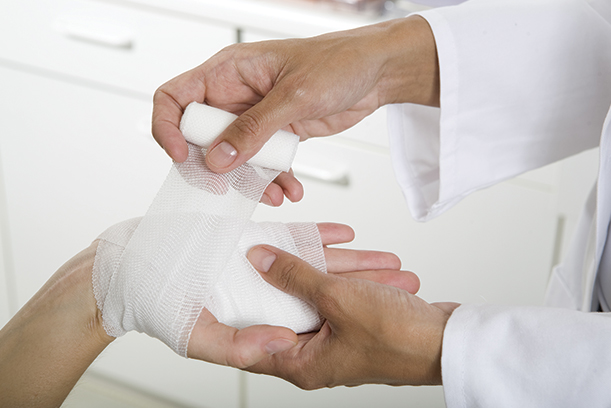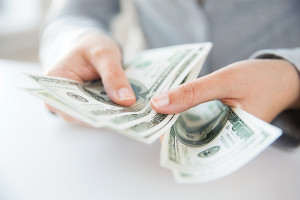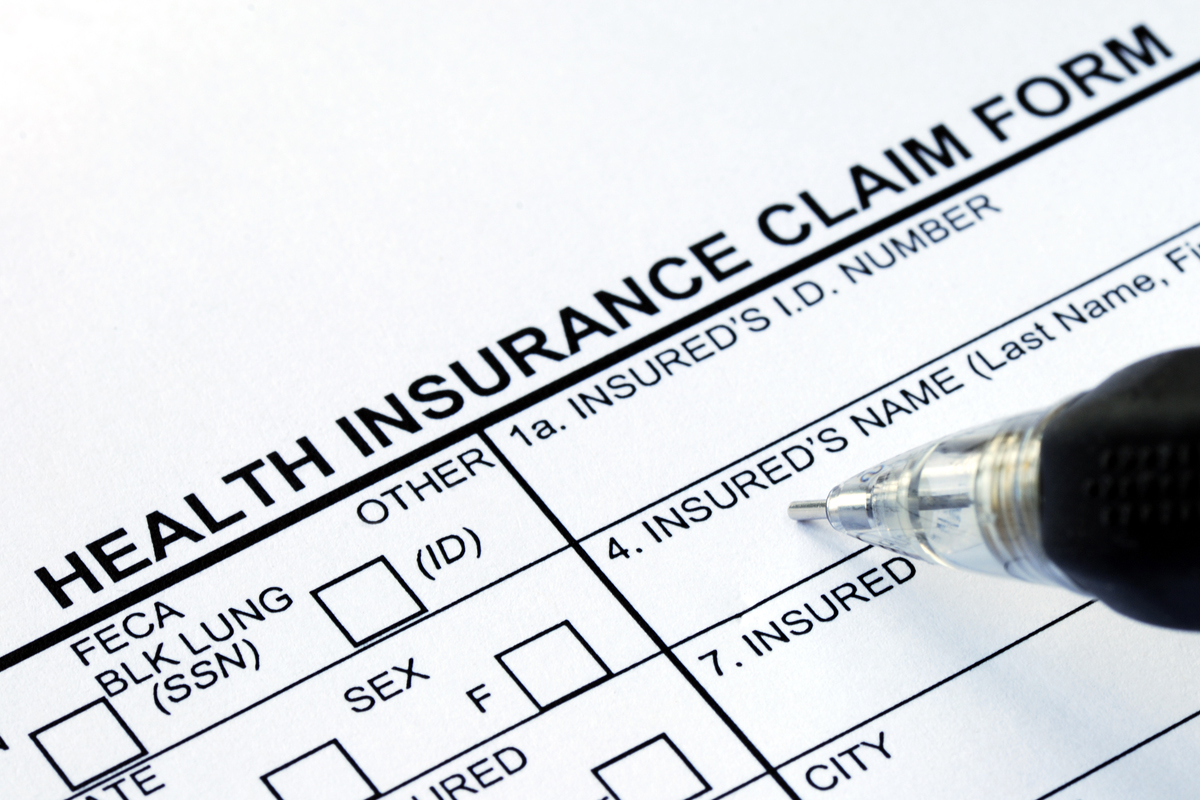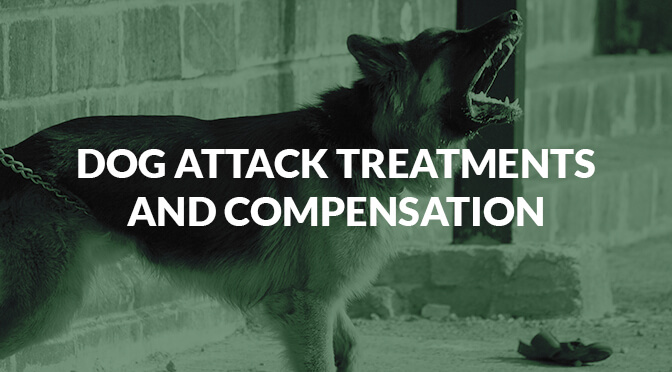
Dogs can cause lasting, physical and emotional damage when they bite. Some attack injuries require specialized dog attack treatment or long-term treatment that is costly and demanding. When a dog attacks, it is important to know what kind of treatment you may receive and also what you can be compensated for so you are not left paying for the costs out of pocket.
Dog Attack Treatments Range in Price and Time Length
Standard Treatments
When a dog attacks you, certain precautions are taken by all physicians to prevent further complications. The wound will be cleaned to remove all debris and sterilized to prevent infection. You may  also receive an antibiotic to help prevent infection and fever. If the dog cannot be identified or the owner does not have verification of shot records, then you could be subject to a rabies treatment as well. This treatment includes six shots over a course of about 30 days and must be started early. Your physician will also administer any treatments including stitches, other vaccinations, and bandaging to help the wound heal and prevent further problems.
also receive an antibiotic to help prevent infection and fever. If the dog cannot be identified or the owner does not have verification of shot records, then you could be subject to a rabies treatment as well. This treatment includes six shots over a course of about 30 days and must be started early. Your physician will also administer any treatments including stitches, other vaccinations, and bandaging to help the wound heal and prevent further problems.
The American Academy of Family Physicians has stated that those who already have the following health conditions run a higher risk of infection when a dog bites them.
- Chronic disease
- Chronic edema
- Diabetes mellitus
- Immunosuppression
- Liver dysfunction
- Previous mastectomy
- Prosthetic valve or joint
- Splenectomy
- Systemic lupus erythematosus
Specialized Treatments
Some dog attacks result in more serious injuries that require specialized treatments. Disfigurement, scarring, broken bones, and torn muscles among other physical injuries can cause a dog bite v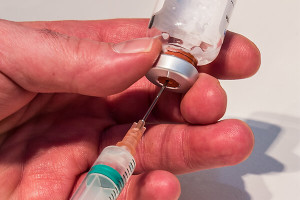 ictim to undergo long-term treatment. Those attacked may have to consider reconstructive or orthopedic surgery and physical therapy to regain full function of their muscles and features.
ictim to undergo long-term treatment. Those attacked may have to consider reconstructive or orthopedic surgery and physical therapy to regain full function of their muscles and features.
Victims of dog attacks could also suffer psychological problems, which could affect their feelings for dogs for years to come. In this case, the person who was attacked would most likely need to seek therapy for the incident due to the mental anguish and suffering due to remembering the attack or being confronted by dogs in the future.
Compensation
You can receive compensation for the injuries you receive from a dog attack as long as the attack was not provoked. The owner’s insurance company, whether it’s homeowner’s, renter’s, or landlord’s, will cover the expense of your injuries, both standard and specialized treatments. If the owner is uninsured, the expenses will fall onto the owner to pay out of pocket. If the insurance companies are limited to a certain dollar amount for compensation, the owner of the dog is still responsible for the remaining costs.
Importance of Hiring an Attorney
There are many steps in securing your compensation from the owner of the dog that attacked you. Navigating through the insurance, animal control, and police report paperwork can be confusing. An attorney can help you ensure the correct filing to get you the compensation you need. Many dog attack related claims also never reach court because of the insurance company’s push for an outside settlement. While this may not seem like a big deal, without an attorney you could be compensated far less than what you are entitled to for your injuries.
Dog attack treatments range from standard medical treatment to specialized or long-term treatment depending on the extent of the injuries. Hiring an attorney to represent you after a dog attack will help you get the compensation you deserve to cover all your injury-related expenses. Call an experienced dog attack lawyer such as Scott T. Gegenheimer if you are attacked by a dog and find out what you can be compensated for.

